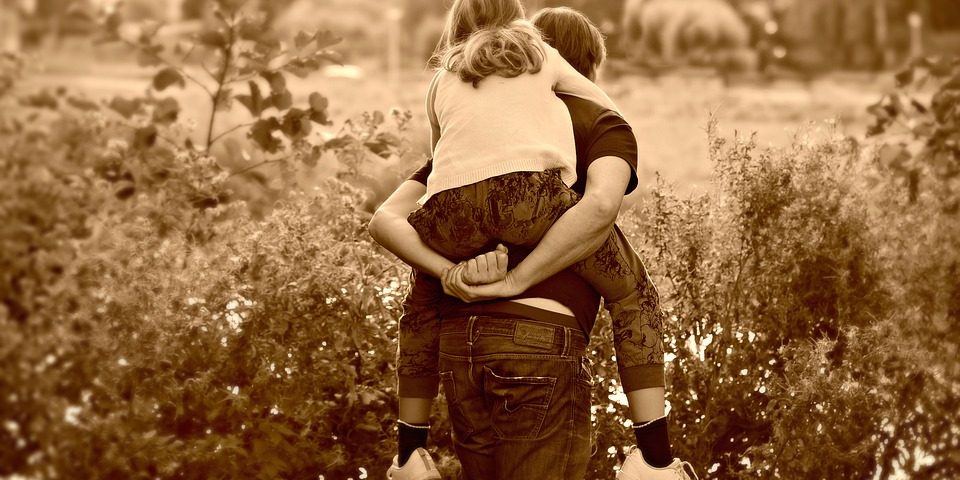Hope isn’t about thinking of the future but about keeping faith in the present. Hope is a now thing.
Think about it this way. I am faithful to my wife and kids, yet I have no idea what the future holds. In fact, if I thought too much about the future, I’d ruin the present. If, for example, I thought my daughter should be a doctor, and I treated her and trained at 10 to prepare for the medical profession as an adult, I would likely ruin her childhood and possibly her relationship with me in the future. No, good parenting is treating my daughter like she’s 10, in all her fun creativity and curiosity, trusting that by treating her well—that is, by being a good and loving dad instead of a career coach—I am preparing her well for her future no matter what her future looks like. That’s how to practice hope: by living well in the present.
It’s a twofold truth at the heart of what the Church is trying to teach in these Sunday readings—that we hope in the future by being faithful in the present. Paul tells us to “stay alert and sober” and watch for the Lord to come (1 Thess. 5:1-6). But Jesus tells us to be faithful and work with the grace we’ve been given in the present; he tells us that God’s blessings, placed in our hands, are meant to be used for God’s kingdom now. As Christians we have no better idea of what the future holds than anyone else, but we do know who holds the future. Which is why we always stay faithful no matter what—in love and worship and service—because God is in control of everything. It’s just that we need to be prepared, not losing our souls for lesser fears.










